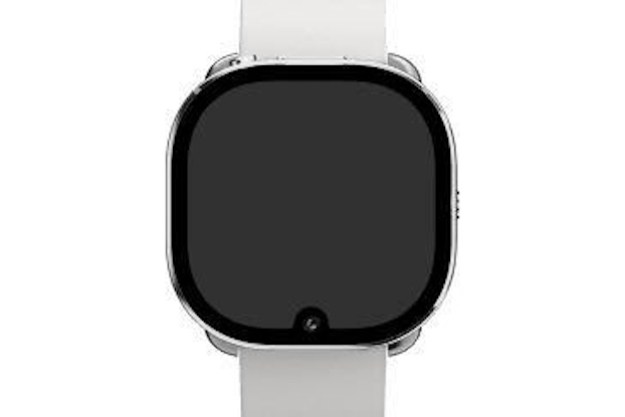
Should Internet companies have the right to track and analyze the Web activity of kids under 16 years old?
That’s the question posed by a newly introduced bill called the “Do Not Track Kids Act of 2013,” which would extend federal anti-tracking protections under the Children’s Online Privacy Protection Act (COPPA), which only applies to kids 12 and under, to children ages 13 to 15. The bill would also create an “eraser button” that allows teens and parents to delete publicly available personal information when “technologically feasible.”
The Do Not Track Kids Act was introduced to Congress this week by Sen. Ed Markey (D-MA) and Rep. Joe Barton (R-TX). If passed, the bill would require parental consent before using data of kids 15 and under to serve advertisements; and mandate that companies explain how that information is collected, and how it may be used.
“We must not allow the era of big data to become a big danger for children on the Internet in the 21st century,” Markey said in a statement. “It is time for Congress to take action to ensure that children and teens are fully protected when they go online and parents have the tools they need to protect their kids.”
Following the introduction of the bipartisan bill, Facebook amended its privacy policy on Friday to exclude a line that critics believed gave the social network the ability to collect more personal information about children. Facebook denies that interpretation, but says that it deleted the sentence to avoid confusion.
“This language was about getting a conversation started,” Facebook wrote in a blog post. “We were not seeking and would not have gained any additional rights as a result of this addition. We received feedback, though, that the language was confusing and so we removed the sentence.”
In a follow-up statement released Friday, Markey reiterated claims that Facebook poses a threat to the privacy of children.
The speed with which Facebook is pushing teens to share their sensitive, personal information widely and publicly online must spur Congress to act commensurately to put strong privacy protections on the books for teens and parents,” he said.
Other changes to Facebook’s privacy policy include updates that better explain how users’ profile photos, Likes, and other information may be used in advertisements shown to friends.
[Image via ASchindl/Shutterstock]
Editors' Recommendations
- How to delete or deactivate your Facebook account
- How to get your share of Facebook’s $750M settlement
- Facebook Messenger finally starts testing end-to-end encryption for all chats
- Facebook is courting creators with a new Music Revenue Sharing
- Facebook’s new Feeds tab emphasizes chronological posts


